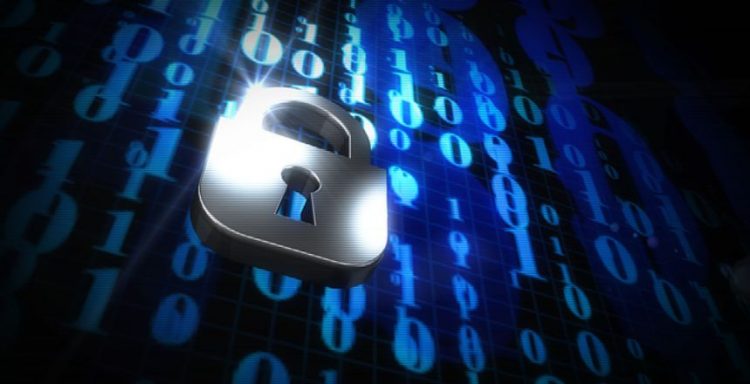Data breaches have escalated to the point where they are perpetually in the news now. These breaches can range in size and scope, with even individual PC users not being spared in these attacks. If you use your computer for school or to store and work with sensitive work documents, a data breach can be devastating. It is therefore important that everyone learns how to protect their PC from these data breaches.
How to Keep Your PC Safe from a Data Breach
Passwords Are Key
Passwords give users access to your computer and this is why they should be an important component in your security strategy. Using strong passwords is the first step in protecting your PC. A combination of numbers, letters, and symbols can help ensure your passwords are safe enough, as can ensuring you use passwords that are at least 8 characters long.
For your online accounts, try to change your passwords every few months. Some of the data breaches we hear of happened a long time ago. If your account was compromised and you did not change your passwords in that period, someone might have had access to your accounts all this time.
Keep Your Security Tools Up to Date
Having the right security tools such as antivirus and antimalware software installed is not enough as you need to ensure that these tools are up to date. Malicious software (viruses, trojans, worms, etc.) are always evolving and if you do not keep your security tools up to date, you might not be able to keep up and you might be putting yourself in danger. While it may seem overkill for some, those that have important data on their computer and do not want to risk a data breach can always hire an IT company to install the right security tools on their PCs and ensure they are kept up to date.
If you regularly use a VPN to connect to a work network, you might also want to protect the devices at both ends of that connection. Installing up to date virtual private networks ensures you have secure, remote access that helps keep all the devices on the network, as well as your PC, safe.
Be Careful What You Click
Unsolicited emails are one of the primary causes of data breaches. Many of them contain links to websites where you may be prompted to enter your details. This is one type of phishing attack. Some attacks also come from attachments or links. Opening these attachments or clicking on the links usually leads to malware being downloaded to your PC and that becomes the entry point for a malicious actor.
Destroy Old Hard Drives
As your computer ages, you might want to install a new, faster hard drive or one that has a larger capacity. If you do this, ensure that you completely destroy your old hard drive. A data wipe is usually not enough, so you need to overwrite the whole hard drive or write a new operating system on it. Physical destruction works as well.
Data breaches can happen in a variety of ways. Luckily, many of the ways they can happen have been extensively documented and you can use the lessons learned by others to protect yourself from costly data breaches.






